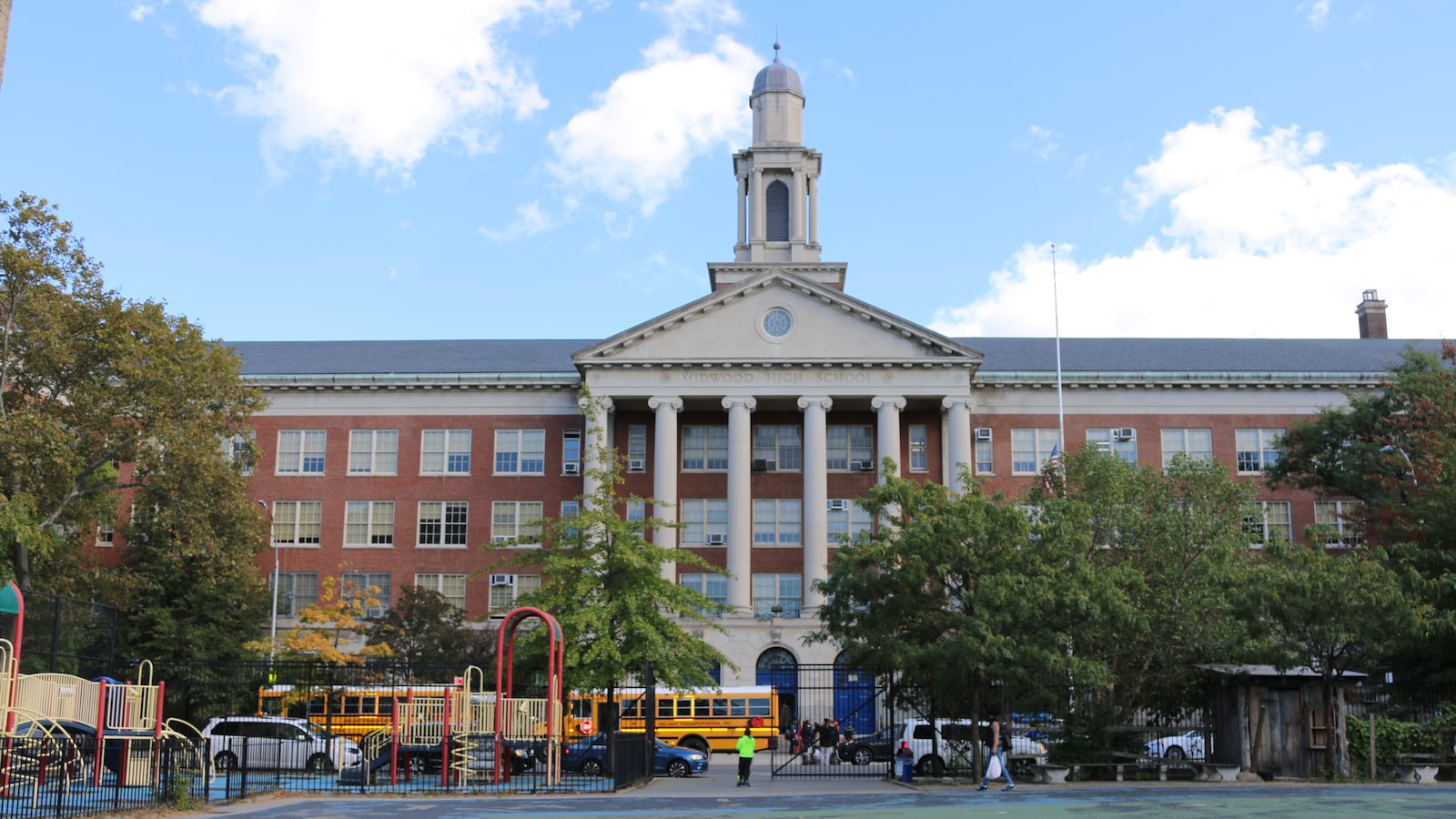New York City schools will be forced to disclose how well they are serving students with disabilities under a bill set to be introduced in the city council on Wednesday. The new data, advocates hope, will empower parents as they choose schools and demand that their children’s needs are met.
The bill would require every school to disclose how many students are not receiving all of their legally required services, such as speech therapy or instruction from certified special education teachers.
Citywide, more than a quarter of students with disabilities only receive some of the services they’re entitled to — or none at all, according to data the education department must report. But, for now, families have no way of knowing how well individual schools serve students with disabilities.
“We need to identify exactly where this is happening and where students are being shortchanged,” said Mark Treyger, chairman of the city council’s education committee and the bill’s author. “These are legally mandated services that they are not receiving.”
Releasing more granular data would help hold schools accountable for serving students with disabilities, Treyger said, and could result in more resources being sent to those that are struggling to provide them. It could also give parents a way of knowing which schools are better at meeting the needs of special education students instead of relying on word-of-mouth or school visits.
Schools can struggle to provide special education services because their resources are stretched thin, they have trouble finding or keeping qualified special-education teachers, or serve a disproportionate number of students with special needs. Sometimes, the city puts the onus on parents to find services for their children.
The legislation would build on a law the city council passed in 2015, which first required the education department to disclose how many students with disabilities across the city weren’t receiving services spelled out on their individual learning plans. That law forced the education department to release annual reports on special education compliance, which have shown that as many as 41 percent of students with disabilities — over 70,000 students — did not receive at least some mandated services in the 2015-16 school year.
Those numbers have fallen recently: The latest report suggests that 27 percent of special-needs students did not receive services in the 2016-17 school year. But those improvements came as the city was making fixes to its notoriously glitchy special education tracking system, making it hard to tell whether the data reflect improvements in service delivery or simply better record keeping.
Treyger acknowledged that data collection problems could hamper efforts to get a clear picture of special-education compliance at the school level. But he said it would also put more pressure on the city to fix its data-collection systems.
Advocates said the new reporting requirement would be a powerful tool for accountability.
“To get this would be a huge win,” said Maggie Moroff, a special-education policy expert at Advocates for Children. “It would allow us and other advocates to know where to drive our advocacy and allow the [education department] to know where to send support to schools.”
Education department spokeswoman Toya Holness said the city planned to review the bill.
“We are committed to providing a high-quality education to all students with disabilities,” Holness said in a statement, “and have made major investments to ensure students with disabilities receive the programs and services they need, including hiring more staff, opening new programs and expanding partnerships with providers.”

